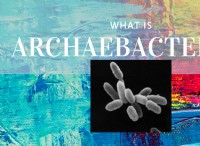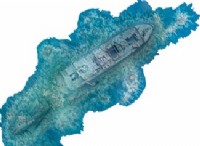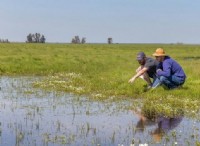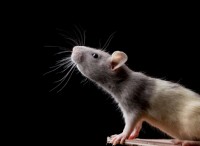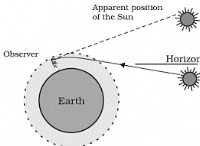In the delicate dance of Earth's crustal movements, mineral grains at fault boundaries act like tiny cogs in a giant machine. These minuscule particles, barely visible to the naked eye, can either promote or hinder the rupture process that leads to an earthquake. This is because they influence the friction between the surfaces in contact at the fault.
The experiments simulate the conditions deep beneath the Earth's surface, where tectonic plates rub against each other. 이러한 극한의 조건에서 미네랄 곡물이 어떻게 행동하는지 면밀히 관찰함으로써 과학자들은 본격적인 지진으로 이어질 수있는 두 가지 시나리오를 발견했습니다.
Scenario 1:Grains in a Helping Hand:
Tiny mineral grains can behave like benevolent architects. Imagine them acting as interlocking puzzle pieces at the fault boundary. 결함의 양쪽에있는 바위가 서로 대항하여,이 곡물은 일시적으로 서로를 잡아 당겨 힘이 홀드를 극복하고 갑작스런 파열이 발생할 때까지 스트레스를 늘립니다.
This behavior resembles what happens when you try to separate velcro. Each hook and loop momentarily catches and resists, but eventually gives way. 마찬가지로, 실험실 실험에서 곡물의 일시적 결합은 갑자기 방출되기 전에 탄성 에너지를 축적 할 수있게되며, 지진의 주요 충격과 유사하다.
Scenario 2:Grains as Friction Promoters:
Mineral grains can also act like mischievous pranksters, disrupting the smooth sliding at the fault boundary. Some of these grains, particularly those with platy shapes like mica, can accumulate along the fault surface. Like slippery fish scales, they reduce the friction between the rocks and prevent the gradual release of energy.
이 감소 된 마찰은 더 많은 변형이 축적되어 펜트 업 에너지가 마침내 마찰의 저항을 능가 할 때 잠재적으로 막대한 지진을 초래합니다. Imagine pulling a tightly stretched rubber band; the longer you hold it taut, the more force it releases when it snaps.
These lab experiments provide valuable insights into the mechanisms that govern earthquake behavior at fault boundaries. 이러한 과정에서 미네랄 곡물의 역할을 이해함으로써 과학자들은 지진 위험을 더 잘 평가하고, 주요 지진의 가능성을 예측하며, 인프라와 인간의 삶에 대한 위험을 완화 할 수 있습니다.
